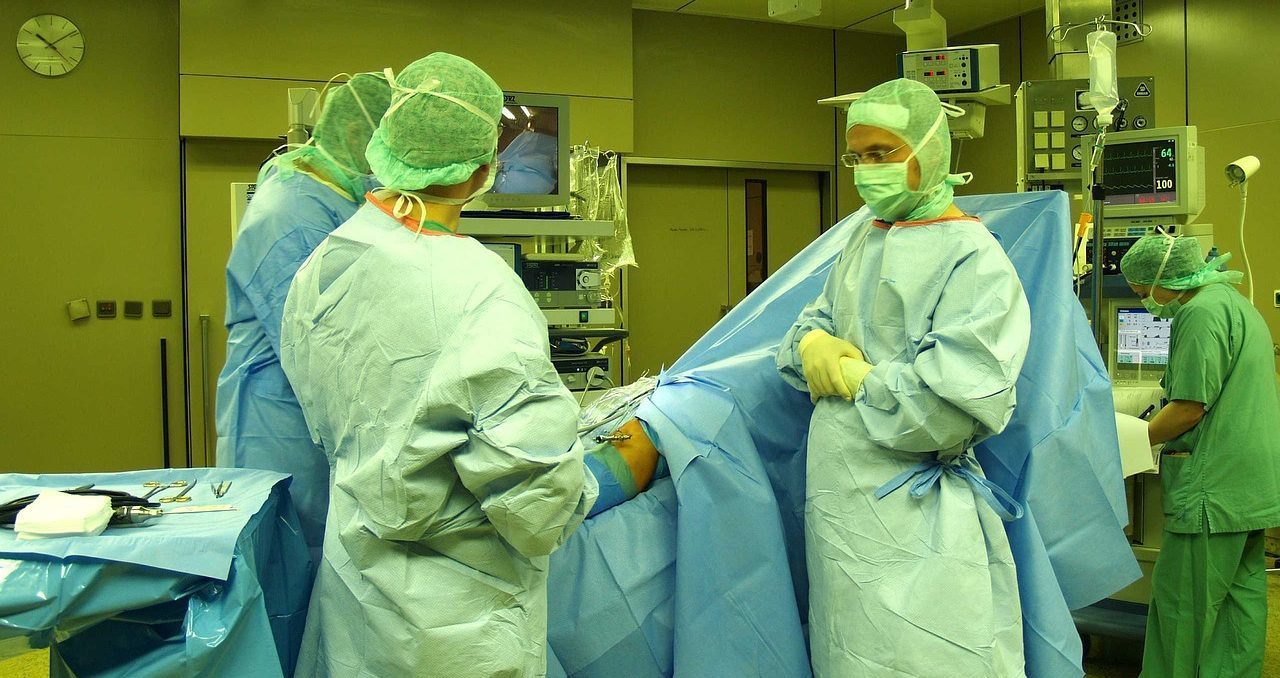Artificial intelligence will help surgeons.
Israel-based Theator will partner with the Mayo Clinic to bring artificial intelligence to surgery.
This startup will partner with the clinic’s urology and gynecology departments to test its annotation and video analytics technology and improve the performance of surgeons.
Theator is an Israeli startup based in Palo Alto, California. Theator’s team in cooperation with Mayo Clinic (the United States) want to bringing artificial intelligence and computer vision technology to surgery.
The partnership will enable Theator to work with the urology and gynecology clinical departments and test its annotation and video analytics technology to improve preoperative surgeon training also postoperative analysis and debriefing to empower surgeons to improve their performance.
What is the purpose of testing Theator developments.
The software, developed by Theator, uses computer vision to scan video recordings of procedures in real time and their highlights. This allows surgeons to view videos of surgeries and rewind or fast forward to the steps they want to learn or know more about. Users can also receive digital summaries of their own surgical performance with analytics, graphics and ratings, allowing them to identify additional training and skills that may be required.
The strategic partnership follows Mayo Clinic’s $ 15.5M Series A investment earlier this year.
About Theator development and its collaboration with the Mayo Clinic.
Theator was co-founded in 2018 by Dotan Asselman and Tamir Wolf and has a research center in Israel.
The partnership with the Mayo Clinic will allow the company to access “a wide range of insights from world-class urology and gynecology departments to expand the expertise to address inequalities and variability in surgical care,” said Dr. Tamir Wolf, CEO and co-founder of Theator.
The strategic collaboration “will deepen our visual and contextual understanding of surgical best practices and allow us to refine and develop our Surgical Intelligence platform for preoperative preparation and postoperative analysis, helping surgeons around the world improve their skills and standards of care for even more patients,” he added.




